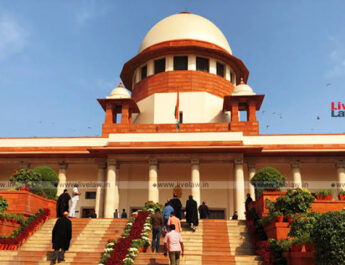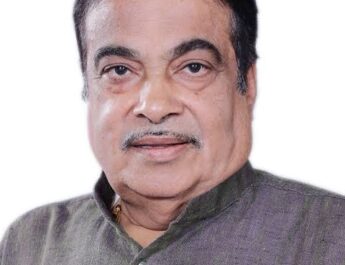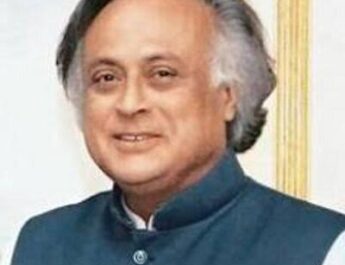From Our Bureau
NEW DELHI: Yet another petition has been filed in the Supreme Court by retired Lieutenant Colonel Anil Kabotra, challenging arbitrary and irrational retrospective cut-off date of August 15, 1947 in the Places of Worship (Special Provisions) Act, 1991.
This is the eighth petition filed in the Supreme Court
He has questioned the constitutional validity of sections 2, 3, and 4 of the 1991 Act claiming that they violate the principles of secularism as they bar jurisdiction of courts and disallow conversion of the places of worship.
A score of petitions against the ACT are pending before the top court, including one filed by Delhi BJP leader Advocate Ashwini Upadhyay on which a notice was issued to the Centre in March last year.
Only last week, the Muslim body Jamiat Ulama-i-Hind filed a plea in the top court seeking intervention in a pending petition of Upadhyay challenging the constitutional validity of sections 2, 3, and 4 of the 1991 Act, claiming the grounds raised by him have already been decided by the constitution bench of the top court.
“By making the impugned Act, Centre has arbitrarily created an irrational retrospective cut-off date, declared that character of places of worship shall be maintained as it was on August 15, 1947, and no suit or proceeding shall lie in court in respect of disputes against encroachment done by barbaric invaders and lawbreakers and such proceeding shall stand abated,” says the plea of the retired Army officer, filed through advocate Ashwani Kumar Dubey.
In his plea, petitioner Kabotra has claimed that the Centre has “transgressed its legislative power” by barring remedy of judicial review which is the basic feature of the Constitution.
The petition alleged that the injury caused to the Hindus, Jains, Buddhists, and Sikhs is “extremely large” because sections 2, 3, and 4 of the 1991 Act have taken away the right to approach the court and thus, the right to judicial remedy has been closed.
It said the “Centre neither can close the doors of courts of the first instance, appellate courts, constitutional courts for aggrieved Hindus, Jains, Buddhists, and Sikhs, nor take away the power of High courts and Supreme Court, conferred under Article 226 and 32.” It claimed that the Act has barred the right and remedy against encroachment made on religious places of Hindus, Jains, Buddhists, and Sikhs.
The plea has sought to declare that sections 2, 3, and 4 of the 1991 Act are “void and unconstitutional” for allegedly being violative of Articles, including 14 (equality before law), 26 (freedom to manage religious affairs), and 29 (protection of interests of minorities) of the Constitution, in so far as it legalises the ancient and historical places of worship and pilgrimage, illegally occupied by the “barbaric foreign invaders”.
It said while enacting the Act, the Centre has excluded the birthplace of Lord Ram at Ayodhya but not the birthplace of Lord Krishna in Mathura, though both are the incarnations of Lord Vishnu.





